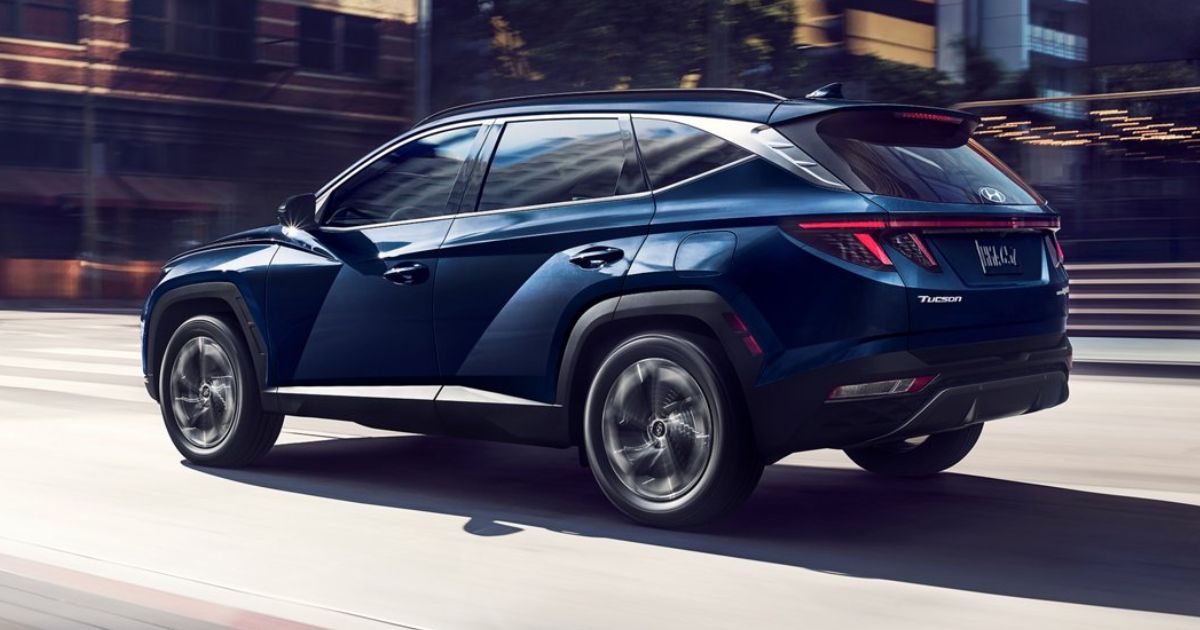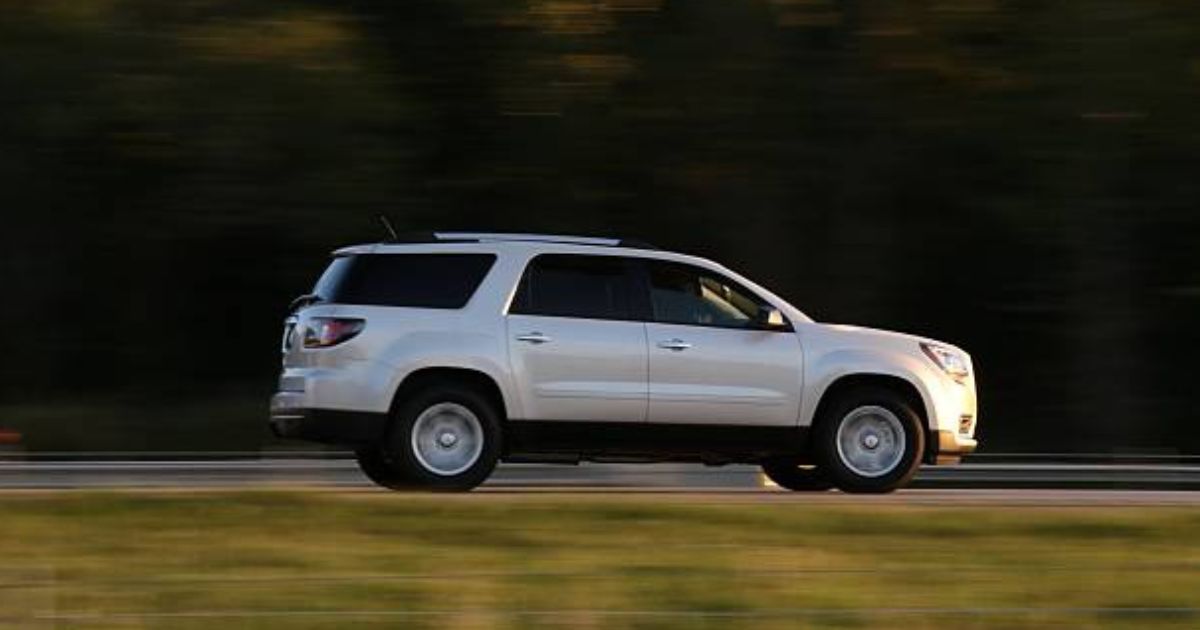Hybrid SUV benefits, Hybrid SUVs are gaining popularity as people look for eco-friendly and cost-effective alternatives to traditional gas-powered vehicles. If you’re considering a new car, a hybrid SUV could be the perfect choice. Let’s explore the key benefits of owning a hybrid SUV, including fuel efficiency, environmental impact, and technological advantages.
Hybrid SUV Benefits
Introduction
So, you’re thinking about getting a hybrid SUV but aren’t quite sure if it’s the right choice for you. Maybe you’re curious about the advantages of these vehicles and how they compare to traditional SUVs. Well, you’re in the right place! Hybrid SUVs offer a range of benefits that make them a smart option for many drivers. Let’s break it down and make everything crystal clear.
What is a Hybrid SUV?
A hybrid SUV is a type of sport utility vehicle that combines a gasoline engine with an electric motor. This combo helps improve fuel efficiency and reduce emissions compared to standard SUVs that rely solely on gasoline engines. Think of it as having the good of both worlds: the power of a gas engine and the efficiency of an electric motor working together.
Difference Between Hybrid and Traditional SUVs
Traditional SUVs run purely on gasoline, which means they tend to use more fuel and produce more emissions. Hybrid SUVs, on the other hand, can switch between or combine their gas engine and electric motor, using less fuel and generating fewer emissions. It’s like having a gas engine for the open road and an electric motor for city driving.
Environmental Benefits
One of the biggest perks of driving a hybrid SUV is its positive impact on the environment. Since these vehicles rely less on gasoline, they produce fewer harmful emissions. Lower emissions mean a smaller carbon footprint, which is good news for everyone. By driving a hybrid, you’re helping to reduce air pollution and combat climate change. Imagine reducing your carbon footprint just by driving a different kind of car.
Hybrid SUV Benefits
| Benefit | Description |
| Fuel Efficiency & Reduced Emissions |
Hybrid SUVs combine a gasoline engine with an electric motor, resulting in significantly better gas mileage and lower tailpipe emissions compared to traditional SUVs. This translates to saving money at the pump and reducing your environmental impact.
|
| Tax Credits & Incentives |
Many states and the federal government offer tax credits and incentives for purchasing a hybrid SUV. This can significantly reduce the upfront cost of the vehicle.
|
| Smooth & Quiet Ride |
Hybrid SUVs often offer a smoother and quieter driving experience compared to traditional gasoline-powered SUVs. This is due to the electric motor’s ability to operate silently and the regenerative braking system that reduces reliance on friction brakes.
|
| Versatility & Cargo Space |
Hybrid SUVs come in various sizes and styles, offering ample cargo space and seating for passengers, making them suitable for families and outdoor adventures.
|
| Potential for All-Wheel Drive |
Many hybrid SUV models offer all-wheel-drive options, providing additional traction and stability in various weather conditions.
|
| Regenerative Braking |
Hybrid SUVs capture energy from braking and coasting, recharging the battery and improving overall fuel efficiency.
|
Fuel Efficiency
Hybrid SUVs are champions when it comes to fuel efficiency. Thanks to their electric motor, they consume less fuel, especially in stop-and-go traffic. For instance, when you’re stuck in city traffic, the electric motor can take over, cutting down on gasoline use. This can lead to significant fuel savings over time. Picture this: fewer trips to the gas station and more money in your pocket!
Real-World Fuel Savings Examples
Imagine driving a hybrid SUV that averages 40 miles per gallon (mpg) compared to a traditional SUV that gets 25 mpg. Over a year of typical driving, you could save hundreds of dollars on fuel. Those savings can really add up, especially with fluctuating gas prices.
Cost Savings
While hybrid SUVs might have a higher upfront cost than traditional SUVs, they often save you money in the long run. The reduced fuel consumption translates into lower fuel bills. Plus, hybrids tend to have fewer mechanical issues related to their engines, which can mean lower maintenance costs over time.
Long-Term Financial Benefits
Let’s say you drive 15,000 miles a year. If you’re getting an additional 10 mpg with a hybrid SUV, you could save about $500 annually, depending on gas prices. Over five years, that’s $2,500, which can offset the initial higher cost of the vehicle.
Performance Advantages
Hybrids aren’t just about saving money and the environment—they also offer impressive performance. Many hybrid SUVs deliver excellent power and torque, making them suitable for various driving conditions. They can provide a smooth and responsive driving experience, whether you’re cruising on the highway or navigating through city streets.
Driving Experience in Urban and Highway Settings
Hybrid SUVs excel in urban environments where their electric motors handle low-speed driving, making them quiet and efficient. On the highway, the gas engine kicks in to provide the necessary power, ensuring you can handle long drives and high speeds comfortably.
Quiet Operation
One often overlooked benefit of hybrid SUV is their quiet operation. The electric motor runs silently, which means less noise compared to traditional SUVs. This can make for a more peaceful driving experience, especially in urban settings. Imagine gliding through the city with minimal engine noise—it’s like driving in your own private cocoon!
Regenerative Braking
Hybrid SUVs come with regenerative braking systems that capture energy usually lost during braking and use it to recharge the battery. This not only enhances fuel efficiency but also reduces wear and tear on your brakes, leading to lower maintenance costs.
How It Enhances Efficiency
When you brake, energy that would otherwise be wasted as heat is captured and converted into electricity, which recharges the battery. This means the vehicle can run on electric power more often, using even less fuel.
Tax Incentives and Rebates
Depending on where you live, you might be eligible for tax incentives or rebates when you buy a hybrid SUV. These financial perks can make hybrid vehicles even more appealing by reducing the overall cost. It’s like getting a bonus just for choosing a more efficient car.
How to Apply for These Benefits
Typically, you can apply for tax incentives and rebates through your local government or federal tax return. Your car dealer might also provide information on available incentives. Make sure to check the latest policies in your area, as they can change over time.
Technological Features
Hybrid SUVs often come loaded with advanced technology. From state-of-the-art infotainment systems to cutting-edge safety features, these vehicles offer a modern driving experience. Think of them as rolling tech hubs on wheels!
Features That Enhance Driving Experience
Expect features like adaptive cruise control, lane-keeping assistance, and high-resolution touchscreens. These gadgets not only make driving more enjoyable but also add to your vehicle’s overall value.
Reliability and Maintenance
Hybrid systems are designed to be durable and reliable. The combination of a gas engine and an electric motor often results in fewer mechanical issues. Plus, hybrid SUVs generally have lower maintenance costs because their engines don’t work as hard as those in traditional SUVs.
Maintenance Comparisons with Traditional SUVs
Hybrids often require less frequent oil changes and may have longer-lasting brake systems due to regenerative braking. Over time, this can result in significant savings on maintenance and repairs.
Resale Value
Hybrid SUVs tend to hold their value well on the resale market. Their reputation for fuel efficiency and lower emissions makes them attractive to used car buyers. This means you can expect a better return on your investment when it’s time to sell or trade in your vehicle.
Market Trends for Hybrid SUVs
As more people become environmentally conscious, the demand for used hybrid SUVs is likely to increase, which can further enhance their resale value.
Accessibility and Availability
Today, there’s a wide range of hybrid SUV models to choose from. Whether you’re looking for a compact city vehicle or a spacious family SUV, there’s likely a hybrid version available. Major car manufacturers offer hybrid options in various sizes and price ranges.
Range of Models and Brands
From Toyota to Ford to Lexus, many brands have jumped on the hybrid bandwagon. This variety means you can find a hybrid SUV that fits your specific needs and budget.
Future Trends in Hybrid SUVs
The future looks bright for hybrid SUVs. With continuous advancements in battery technology and hybrid systems, these vehicles are becoming more efficient and powerful. Future hybrids may offer even longer electric-only ranges and faster charging times, making them even more practical.
Predictions for Hybrid Technology
Expect more models to include plug-in hybrid options, where you can charge your vehicle’s battery at home, further reducing reliance on gasoline. Innovations in this area will likely continue to improve efficiency and performance.
In summary, hybrid SUVs combine the good of both worlds: the spaciousness and versatility of traditional SUVs with the efficiency and eco-friendliness of hybrid technology. Whether you’re looking to save money on fuel costs, reduce emissions, or enjoy enhanced performance, a hybrid SUV could be the ideal choice for your next vehicle purchase.








